Description
NEEDPRO GUT
rebiotic and probiotic supplements are designed to support gut health by providing both beneficial live bacteria (probiotics) and the substances (prebiotics) that feed and sustain them.What Are Prebiotics and Probiotics?Probiotics are live microorganisms (most commonly bacteria or yeast) that can aid digestion and promote healthier gut flora. These beneficial microbes are naturally found in fermented foods such as yogurt, kefir, sauerkraut, and kimchi, and are widely available as supplements in capsule, gummy, or powder form.Prebiotics, on the other hand, are fibers or carbohydrates that the body cannot digest but which provide essential nutrition to the beneficial bacteria in the gut. Sources of prebiotics include high-fiber foods such as whole grains, vegetables like asparagus, onions, garlic, and certain legumes.Benefits of Combination SupplementsSupplements that combine both prebiotics and probiotics—often called synbiotics—may be more effective because prebiotics help the probiotics flourish and provide greater overall support for the gut microbiome. These blends are claimed to:Relieve digestive issues (bloating, constipation, diarrhea)Support immune function and potentially mental healthEncourage nutrient absorption and overall wellness.Effectiveness and SafetyMany people use these supplements for digestive balance, especially after illness or antibiotic use, but clinical evidence for broad health benefits is still evolving, and not all claims are scientifically proven. Most adults without preexisting conditions can safely add foods or supplements with prebiotics and probiotics to their diet. However, supplements are not strictly regulated by authorities like the FDA, which means quality and content can vary. Consulting a healthcare professional before starting these is advisable, particularly for those with health concerns or immune issues.Dietary Sources vs. SupplementsExperts generally recommend obtaining prebiotics and probiotics from food sources whenever possible:Probiotic-rich foods include yogurt (with live cultures), kefir, and fermented vegetables.Prebiotic sources are fiber-rich foods such as whole grains, beans, onions, leeks, and bananas.Supplements can be convenient, but they are not a substitute for a balanced diet rich in natural sources of fiber and beneficial bacteria.Summary Table: Prebiotics vs. ProbioticsFor most people, combining prebiotics and probiotics can be beneficial for digestive and general health, but food sources are preferable when possible, and supplement quality can vary.

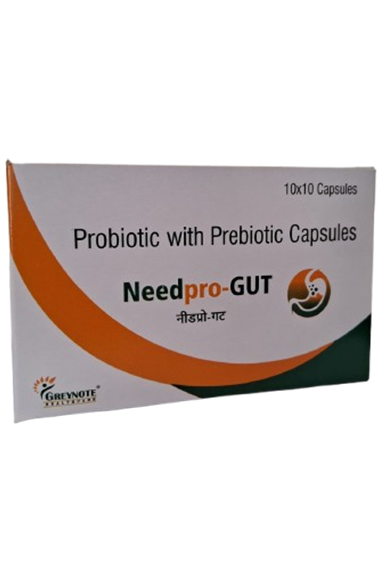
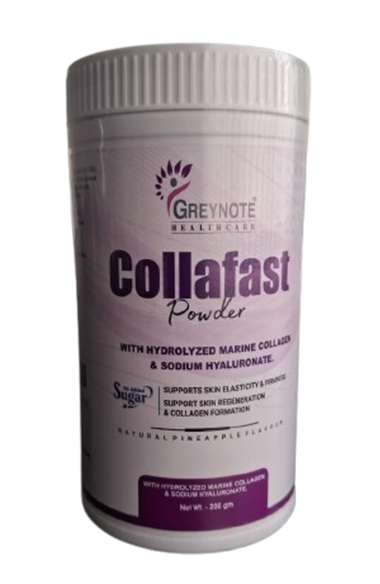
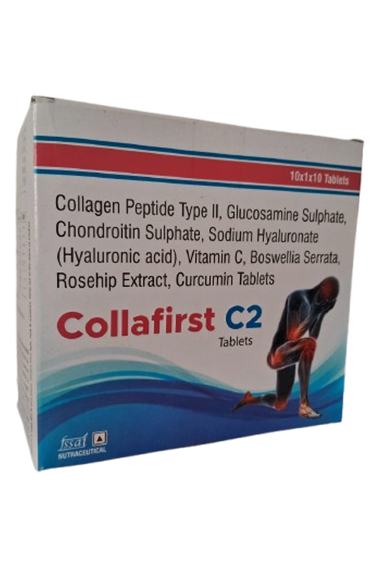
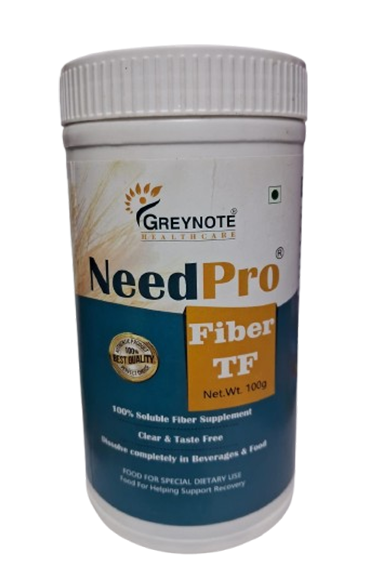
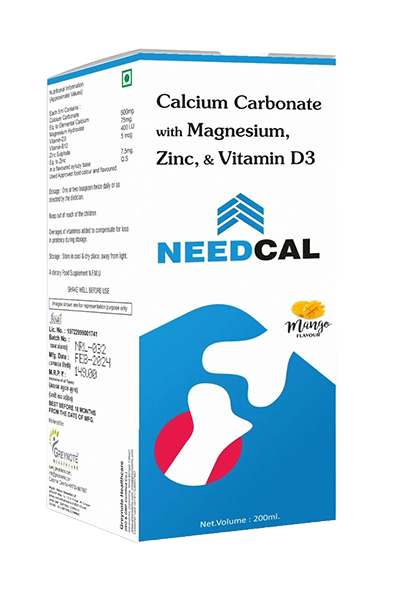
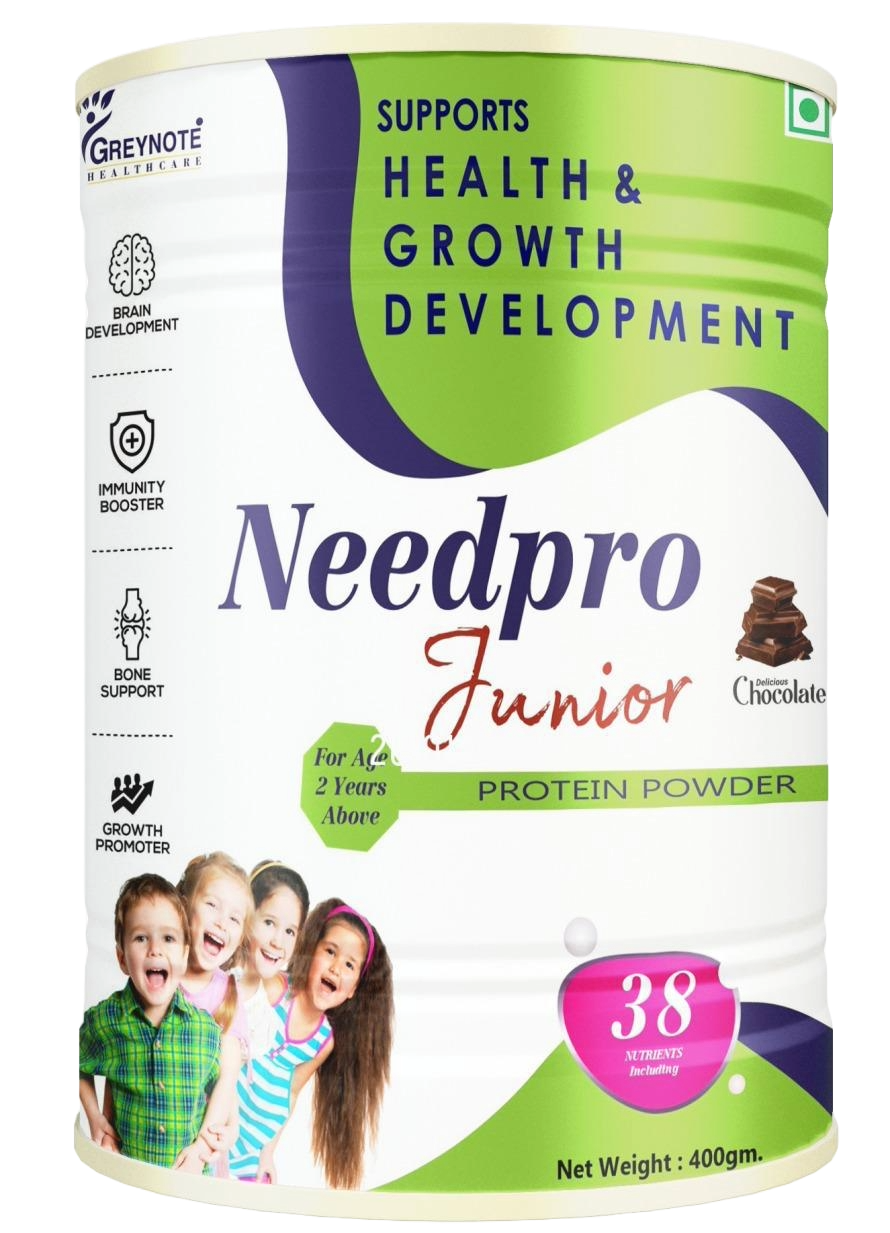
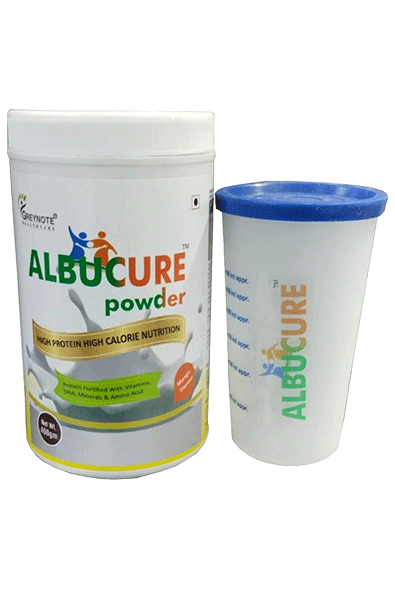
Reviews
There are no reviews yet.